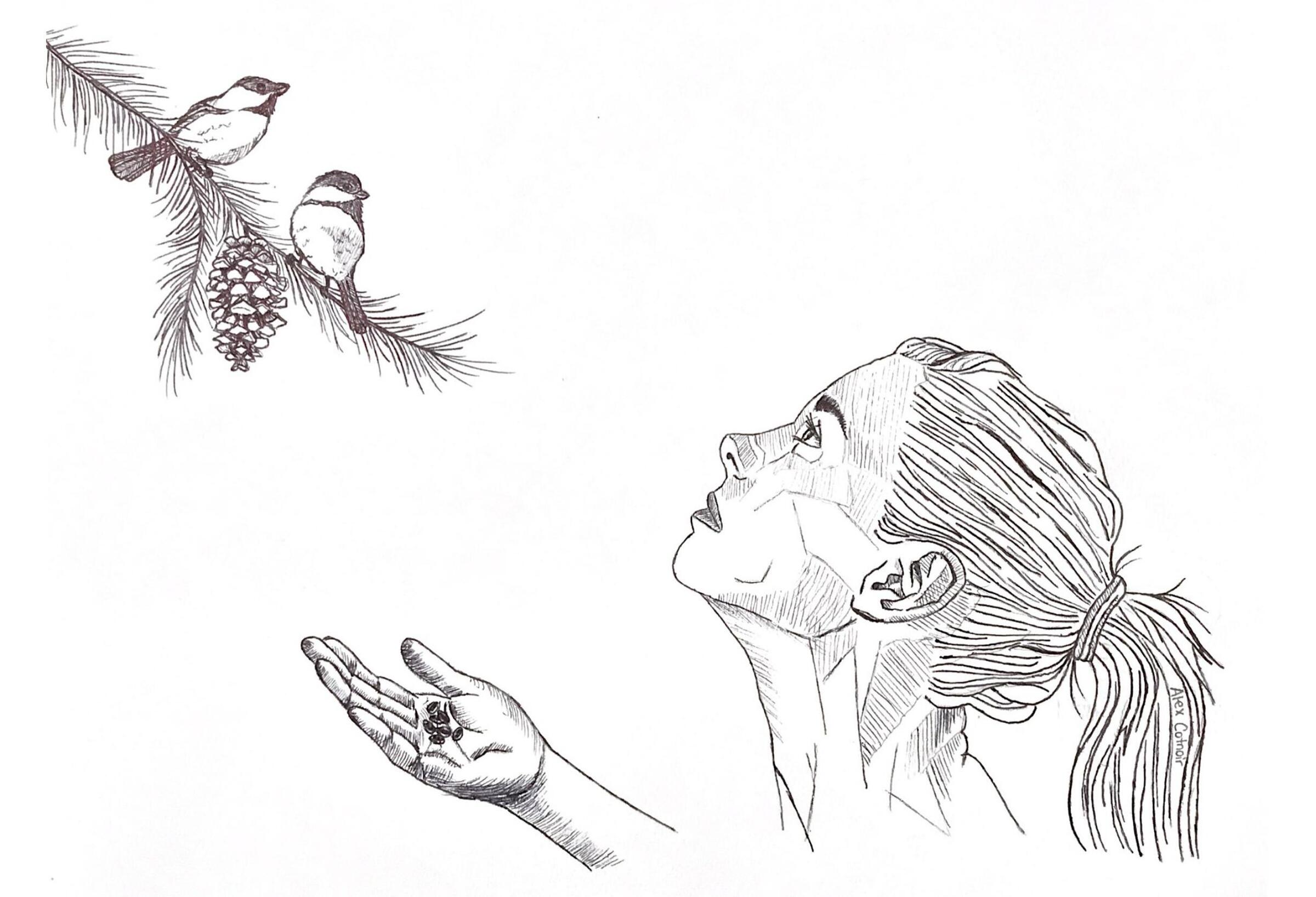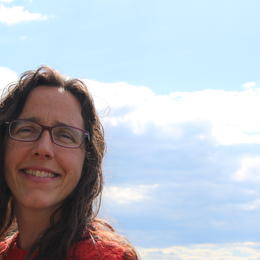Burlington Parks, Recreation and Waterfront recently installed an interactive Poetry Walk featuring Indigenous and Black Poets.
The Poetry Walk at 311 North Avenue is a window into a new way to engage with public space in Burlington. The Poetry Walk aspires to transcend a long history of harmful actions. Going as far back to the original colonization of Abenaki land, this land has also housed a misused orphanage, where many children experienced abuse, and the unfortunate closure of Burlington College, a beloved local arts college. Now in public hands, the park embracing a management plan that centers on healing and reciprocation. It will be, in perpetuity, a space for learning, sharing, and reflection.
The inaugural edition of the poetry walk is inspired by the connection of healing, nature and revolution. We have invited Indigenous and Black Poets to share poetry based on this theme. We recognize poetry to be one of human’s greatest tools to intuit and metabolize the spirit of life and connection. Please accept these poems, and the experience of this walk as an offering to support and encourage inclusive public space that welcomes us all to reverence for the Earth and our experiences as part of it.
Alexander Cotnoir, Audubon Vermont intern alumni and member of the Nulhegan Band of the Coosuk Abenaki Nation, provided a Land, Water and Sky Acknowledgment to dedicate the gathering. To consider and listen to his words click here.
Five Indigenous and Black poets contributed work to the Poetry Walk project. Their work can be enjoyed on site at 311 North Avenue in Burlington, as well as online. Click here to learn more and listen to their voices.
Alexander crafted two poems for the site: Feeding the Chickadees and Paki Nebi – Like Water. Click here to listen to Alexander read his poems and to hear about the inspiration for his work.
Alexander’s passion for waterways and education is rooted in his upbringing along the shores of Lake Memphremagog in Vermont’s Northeast Kingdom, where a love of fishing, birdwatching, and maple sugaring alongside his siblings and grandfather formalized his passion for ecology and culture. Alexander is a graduate of Dartmouth College where he studied Environmental and Native American Studies, and has worked in conservation programming at Audubon Vermont, the Smithsonian Conservation Biology Institute, and the university’s rare books and archives collections to explore his interest in local environmental history and highlighting underrepresented narratives to arrive at a “usable past.” As a member of the Nulhegan Band of the Coosuk Abenaki Nation, Alexander is particularly passionate about exploring the ways in which Indigenous communities relate to Vermont’s landscapes, and actively works to highlight the Western Abenaki language and culture in his work with the Tribe.





